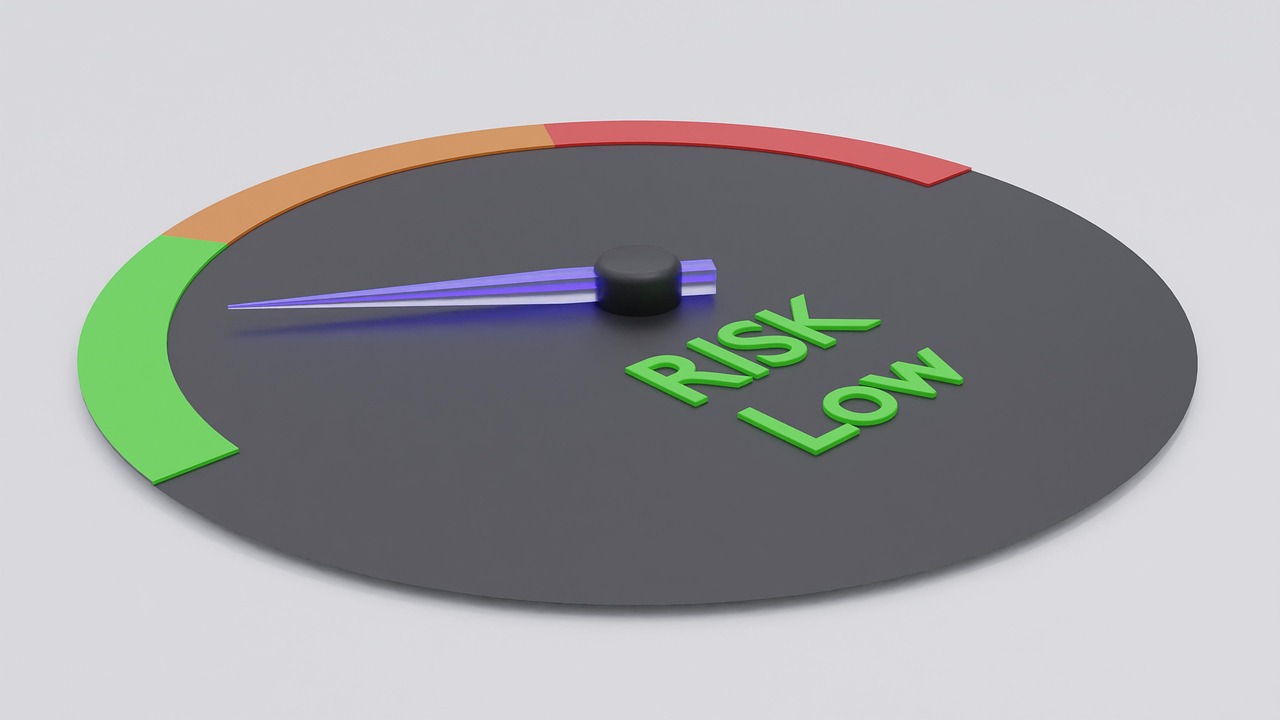Designing a personal self-care plan for irregular schedules
Irregular work hours, caregiving shifts, or unpredictable days can make consistent self-care feel out of reach. This article outlines practical strategies for shaping a personal self-care plan that fits variable schedules while addressing mindfulness, sleep, nutrition, movement, and recovery to preserve balance and mental health.

Irregular schedules demand flexible, realistic self-care strategies that protect core needs without adding pressure. Start by listing non-negotiables—sleep windows, basic meals, hydration moments, brief mindfulness or breathing exercises, and short periods for movement or recovery. Monitor your patterns for two weeks to find recurring gaps and small pockets of time you can use. Aim for habits that compress or expand to fit available time: a five-minute breathing break can replace a longer session, and a short walk can substitute for a formal workout. Ground your plan in achievable actions so self-care reduces stress rather than becoming another task on an overloaded list.
How can mindfulness and meditation fit into uneven days?
Mindfulness and meditation are adaptable practices that work in short increments. Use brief guided meditations, single-breath resets, body scans while lying down, or mindful eating at a meal to decrease stress and improve focus. Anchor these practices to daily cues—after finishing work, during a commute, or upon waking—to make them automatic. Simple breathing patterns (for example, 4–4–6) or two- to five-minute meditations can strengthen resilience and support mental health when practiced regularly.
How to protect sleep when hours fluctuate
Irregular schedules can fragment sleep, so create consistent sleep windows when possible and focus on sleep quality. Establish a wind-down routine—dim lights, limit screens, perform gentle breathing or relaxation—and prioritize an environment that promotes rest, such as blackout curtains or white noise. Keep naps short (20–30 minutes) to avoid night-time disruption and experiment with timing to see what best supports alertness. Tracking sleep and daytime energy helps refine which strategies work for you.
What movement and activity look like for variable days
Movement can be modular: short bouts of activity spread through the day can match longer sessions in benefit. Aim for micro-workouts—10–15 minutes of stretching, bodyweight exercises, or brisk walking—when time is tight. Integrate activity into routines by taking standing calls, walking between tasks, or adding short breaks for mobility. On highly demanding days, focus on breath-focused movement and mobility work to aid recovery and reduce stress while maintaining regular activity.
How to manage nutrition and hydration with limited time
Plan meals and snacks that combine convenience with nutritional balance. Prepare simple staples in advance—prepped vegetables, portable proteins, and whole-grain options—to reduce decision fatigue. Maintain hydration by carrying a bottle and linking small intake goals to tasks (for instance, finish a glass before meetings). When meal timing varies, prioritize nutrient-dense choices and regular protein to support energy and recovery. Simple, repeatable meal patterns help stabilize blood sugar and mood.
How to build routines and habits that create balance
Treat routines as flexible templates rather than rigid schedules. Identify anchors—consistent events like waking, a main meal, or bedtime—that serve as opportunities for habit placement. Pair new habits with existing ones (habit stacking): a short breathing exercise after waking, a hydration check after lunch, or a stretching sequence before bed. Use a checklist or a habit tracker to monitor consistency and increase habit complexity only after small wins are reliable.
How to support recovery and resilience on changing timelines
Recovery and resilience benefit from intentional downtime and restorative practices. Use active recovery strategies such as slow breathing, gentle stretching, foam rolling, and brief nature exposure to recharge. Notice early signs of stress—sleep disturbance, irritability, or low motivation—and apply quick interventions like grounding exercises or a short walk. Keep brief social check-ins or shared meals to support mental health. Reserve at least one longer weekly window for deeper recovery, such as extended sleep or a restorative hobby.
This article is for informational purposes only and should not be considered medical advice. Please consult a qualified healthcare professional for personalized guidance and treatment.
Conclusion A personal self-care plan for irregular schedules focuses on adaptable building blocks: anchors that cue short mindfulness and breathing practices, modular movement, reliable nutrition and hydration, and templates for routines and recovery. Regularly review what works and adjust expectations so self-care remains sustainable within changing life rhythms.





